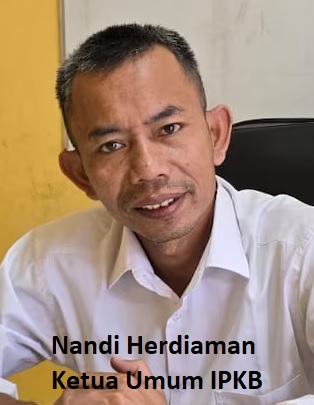The law, which took effect in the US at the end of June, presupposes that all goods from Xinjiang have been contaminated by "forced labour", unless importers can prove otherwise. China denounced the law as a practice of intimidation, which seriously undermines market principles, violates World Trade Organization (WTO) rules, destabilizes global industries and supply chains, and inevitably harms the interests of global consumers. Liu Xin, deputy director of the industry department of the China National Textile and Apparel Council, said that Xinjiang, as China's main cotton production base, is an integral part of the global textile supply chain.
China's textile industry has a strong ability to adapt and adapt, and will eventually reduce risks through adjustment measures, he said.
"With confidence, ability, and solidarity, we will effectively respond to various risks and challenges, actively expand domestic and international markets, and jointly maintain the security of China's textile industry chain," he said.
Lin Ruhai, an official of the China Nonferrous Metals Industry Association, said that as China is pursuing the peak target of carbon and carbon neutrality, domestic market demand is growing steadily, which will greatly benefit the healthy and sustainable development of Xinjiang's silicon industry. .
A manager at a chemical production company in Xinjiang said that they will focus more on technological innovation, and make high-quality products with greater competitiveness to convince their business partners.
Products of superior quality are the most powerful weapon against US cruelty, according to the manager.
Liu Hansong, an official at the China Enterprise Confederation, said the organization will take active action together with Chinese companies to help global business partners better understand Xinjiang's corporate practices of social responsibility, job creation and building harmonious working relationships. .








